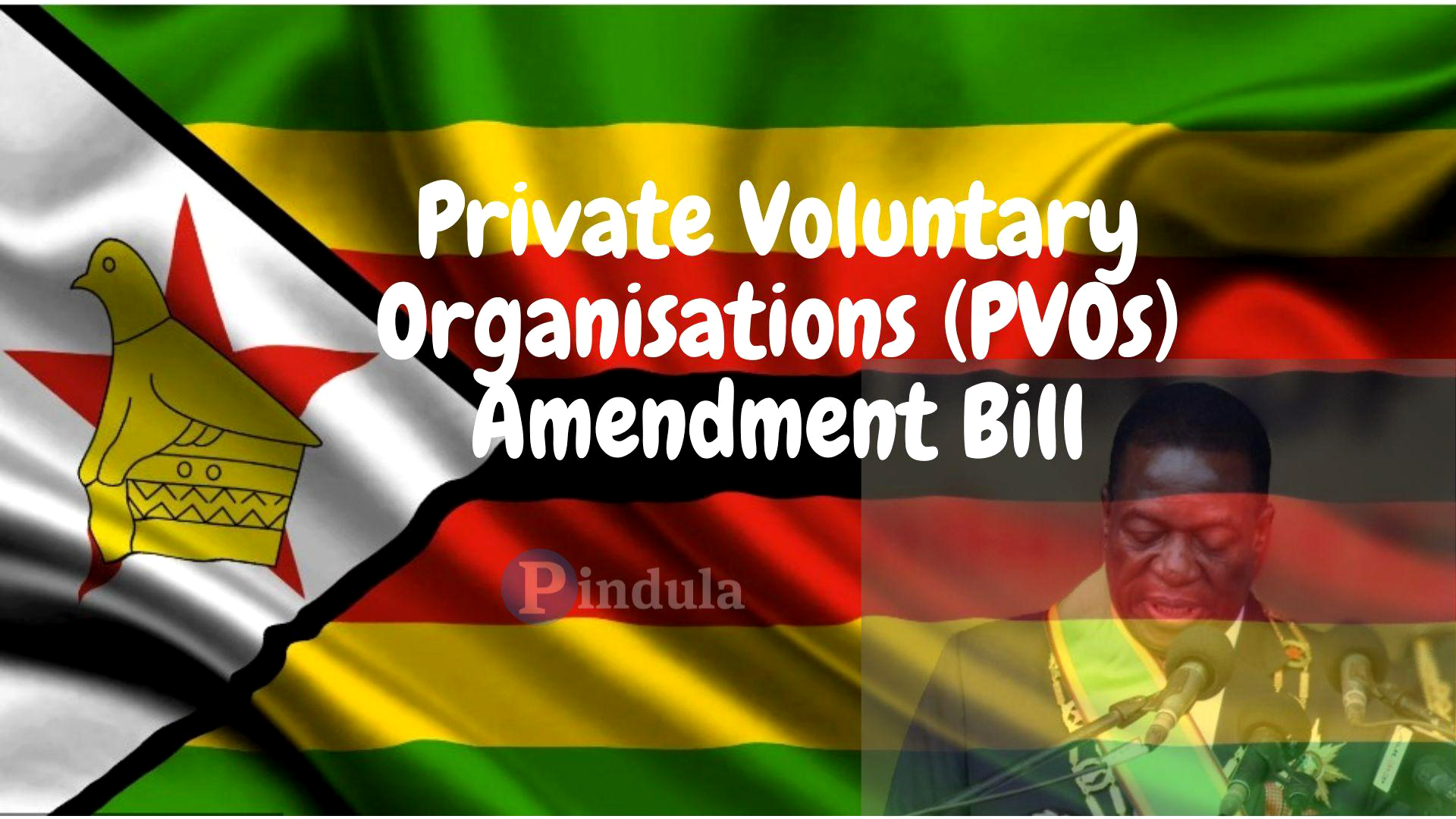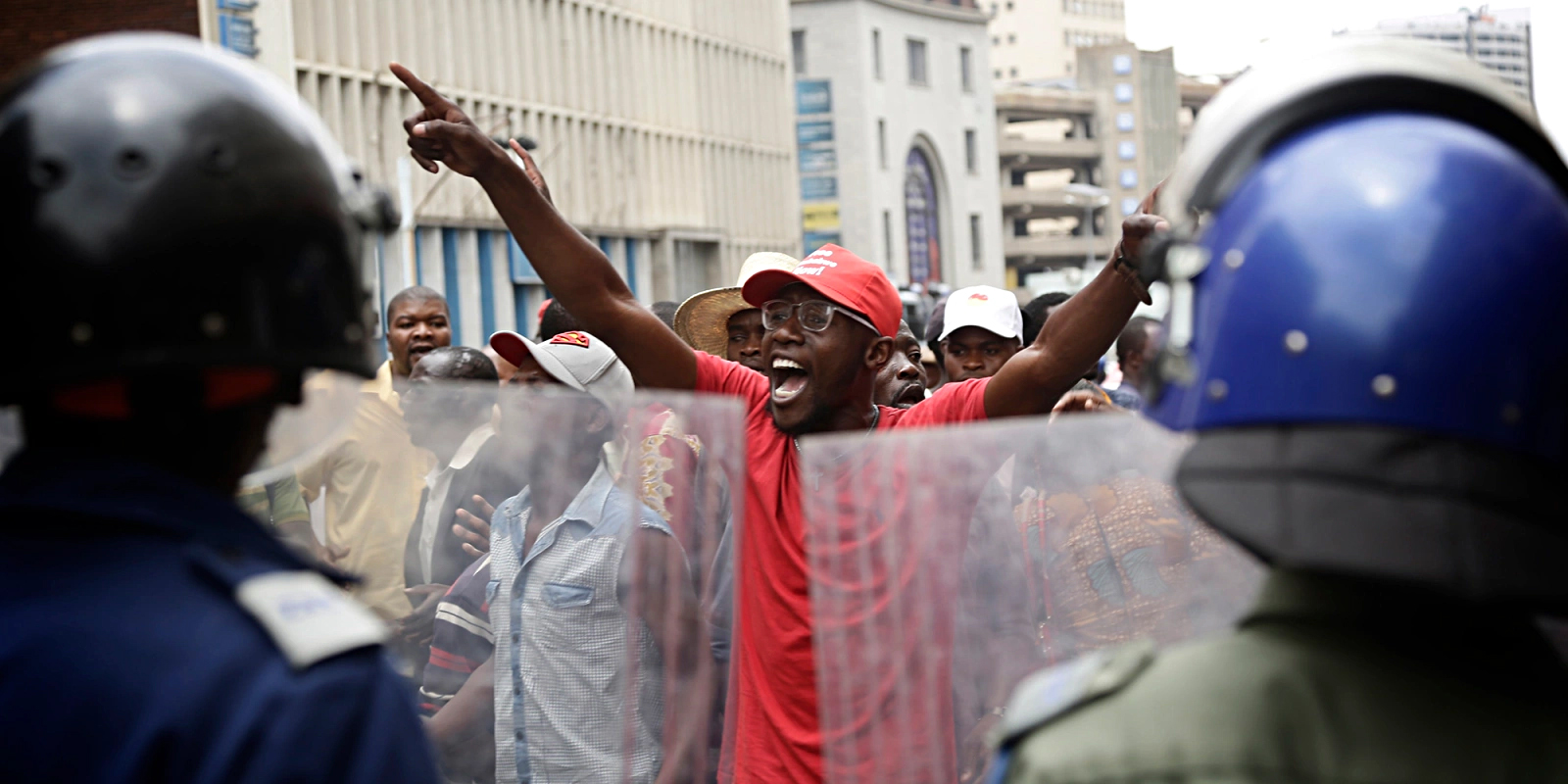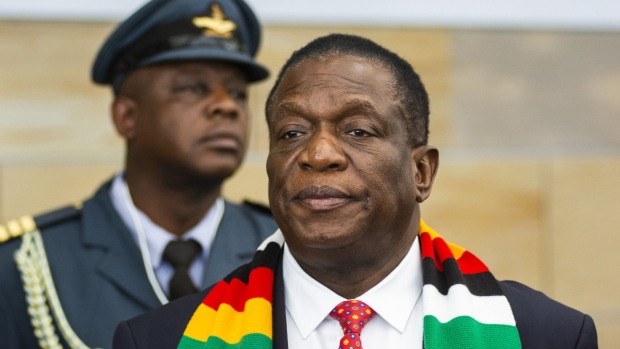Source: Zimbabwe civil society faces moment of reckoning
Zimbabwe civil society faces moment of reckoning
The government of Zimbabwe has peddled propaganda against activists for time immemorial. I grew up hearing and reading stories on State controlled media about how activists and opposition were ‘puppets of the west’ and ‘regime change agents’ who were given money by western governments to badmouth Zimbabwe. We were indoctrinated with this gospel of how unpatriotic these people were, day in and day out.
The room was packed! Many of us had to stand as there wasn’t enough room for everyone to sit down. This might leave one thinking that people had taken an interest in the bill and had taken the time to exercise their agency by going to debate the merits and demerits of the bill. Unfortunately, things were not as they seemed.

The room was full, yes, but not of “regular people”. It was clear from the start, judging by everyone who spoke, that aside from the media, the only people in the room were anti-government activists and pro-government activists.
If one is to be bold, they could even say the only people in the room were Civil Society Organisations (CSO) representatives and ZANU-PF supporters.
After the meeting, I posted this tweet:
“Attended Byo public hearing for the PVO bill,
Talk about chaotic!
There were clearly two camps,
Zanupf vs NGOs,
Made it difficult to believe much of the discourse was genuine.
But I heard many sharp young voices,
My God!
I wish they could access bigger platforms!”
I was left feeling disappointed by the entire experience. Here was a bill that was threatening not only to silence dissenting voices, but also to clamp down on dozens of organisations offering basic social services that the government was failing to provide; but “nobody” seemed moved enough to attend the hearings except activists.
Where were the people who were going to be most affected by this bill?
There is a serious disconnect between “the people” and all organs purporting to lead them or represent them. Just as “the people” seem to have lost faith in government and lost interest in participating in government initiatives; they seem to be just as apathetic when it comes to initiatives by CSOs.
Have the people lost faith in CSOs? Is it that they have lost faith or is it because the people don’t see CSOs as their representatives? Many CSOs and activists claim to be “the voices of the voiceless” — but do “the people” believe that CSOs are their voice and their defenders?
The government of Zimbabwe has peddled propaganda against activists for time immemorial. I grew up hearing and reading stories on State controlled media about how activists and opposition were “puppets of the west” and “regime change agents” who were given money by western governments to badmouth Zimbabwe. We were indoctrinated with this gospel of how unpatriotic these people were, day in and day out.

I remember how alarmed I was when people started calling me an activist! Ignorantly, I rejected that label, I was repulsed by it. Nobody was paying me to share the views I was sharing; I was nobody’s puppet!
It took me a long time to embrace the term and say unapologetically, I am an activist, and I am for regime change in Zimbabwe.
I suspect many people in Zimbabwe are also victims of that propaganda. When something is said to you repeatedly, you are likely to start believing it and you may not even be conscious of it.
Almost every “regular” Zimbabwean I have asked about the PVO Bill, seems to have absolutely no idea what the bill is about or what its implications are. Those who have an idea, say that the bill has nothing to do with them; it is a battle between the Government and Non-Governmental Organisations in the country, a battle between elites, the “haves” — nothing to do with the povo, the “have nots”.
There is an urgent need to heal the fragmentation between “the people” and those who have dedicated themselves to fighting for common interests. Zimbabwe is a country that has been oppressed by ZANU-PF since Independence (some say even before independence).
As is the case in many oppressed societies, Zimbabwe is also a deeply divided society. We are divided on all lines possible including ethnic, political, class, literacy, skin tone and more.
We have dozens of groups fighting against oppression by ZANU-PF, but none seem to be fighting together.
For example, we have several teachers’ unions that will call for strikes at different times. Across sectors, doctors will have their own protests for better salaries and working conditions, Nurses their own and at a different time. Political parties will also hold their own protests at their own times, divorced from these labour unions.
CSOs will mostly distance themselves from most of these protests in a bid to appear non-partisan. They will hold their own protests for clean water or women’s rights and whatever else they deem to be nonpartisan and apolitical.
All these protests are against ZANU-PF misgovernance in one way or another. This failure to consolidate has helped the government of Zimbabwe to clamp down on each group and allowed the system to effortlessly attack us all, one by one!
It is due to this “each person to himself” mentality that private voluntary organisations in Zimbabwe find their heads on the block and nobody seems to care. The same way they stay quiet when the government abducts political activists, or when nurses and teachers are fighting for better wages, is the same way things seem to be business as usual even after the dodgy passing of the bill.
Unless Zimbabweans and all their leaders find each other, the repression in Zimbabwe will continue unabated. There is an urgent need to agree on a common/national vision and to consolidate towards pursuing and achieving it. DM/MC
For a critique of similar problems in civil society in South Africa read: Power to the people? Realising the full potential of civil society requires that we work better and smarter


COMMENTS